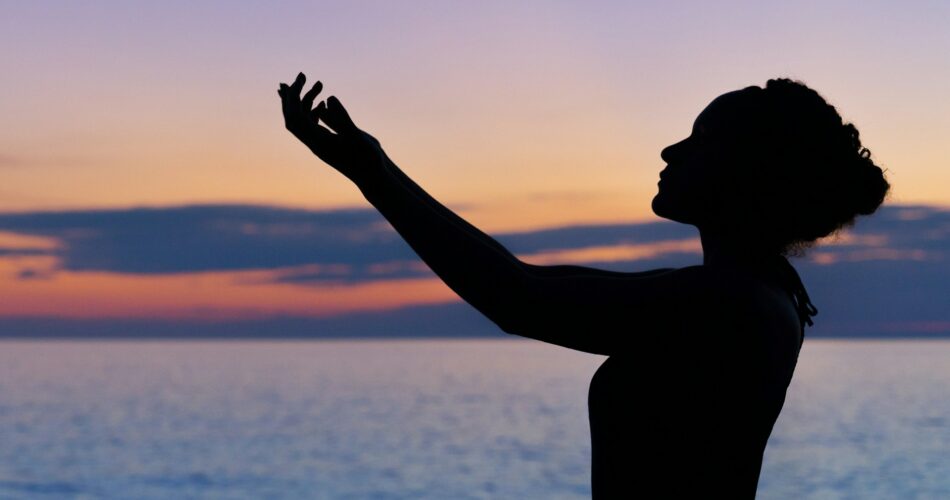Silently praying is not a crime.
Isabel Vaughan-Spruce, a pro-life activist, has been awarded £13,000 ($16,893) in a settlement from West Midlands Police after being arrested multiple times for silently praying outside an abortion clinic in England. This settlement, announced by ADF UK, acknowledges what the organization describes as Vaughan-Spruce’s unfair treatment by the police. While Vaughan-Spruce sees this as a partial victory, she remains worried about similar actions by other law enforcement agencies.
In December 2022, Vaughan-Spruce was first detained outside the Birmingham clinic for allegedly violating a Public Space Protection Order that bans various forms of protest near abortion facilities. Despite her claim of engaging only in silent prayer, she was arrested after refusing to voluntarily go to the police station. Although the initial charges were dropped, Vaughan-Spruce faced another arrest at the same location three months later.
During her March 2023 arrest, Vaughan-Spruce argued that her silent prayer did not constitute a protest and should not be considered an offense. However, officers maintained that any form of prayer was against the regulations. The charges from these incidents were eventually dismissed by September 2023.
In a video released by ADF UK in January, Vaughan-Spruce was seen being questioned by police outside the clinic again. Despite her assurances that she was not protesting but merely praying silently, an officer issued her a fixed penalty notice. ADF UK expressed relief that the police acknowledged their wrongful actions but is concerned about future implications, especially with the Labour Party’s new control in Britain.
The upcoming Public Order Act, which will introduce “buffer zones” around abortion clinics, has raised concerns about potential further restrictions on peaceful activities like silent prayer. Critics, including ADF UK’s Senior Legal Counsel Jeremiah Igunnubole, argue that such measures could undermine free speech and thought, contrary to international human rights standards.
